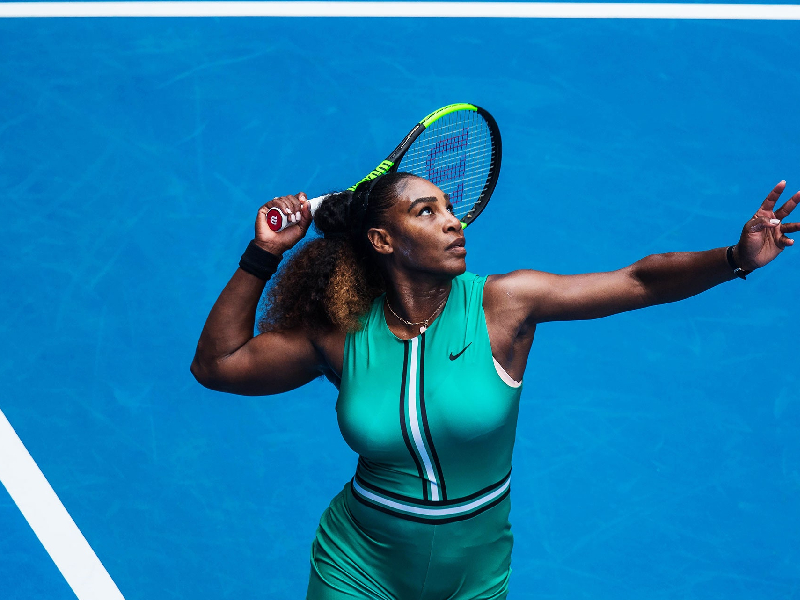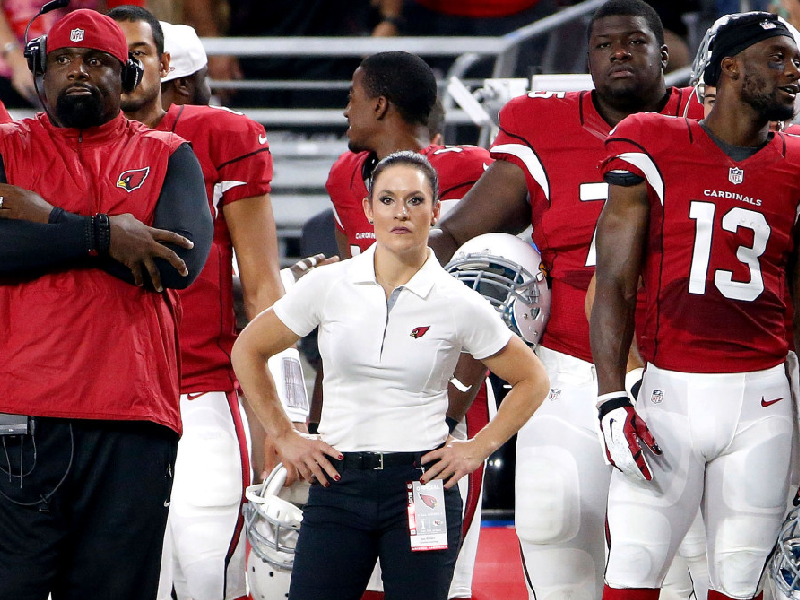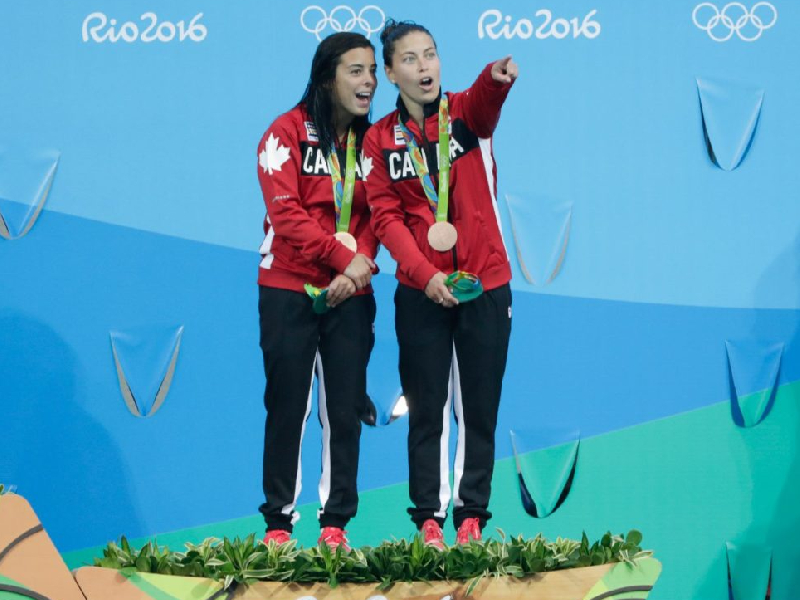|
Compiled by Janica Maya For decades now, female athletes proved to the world that they could surely change the game. For instance, Billie Jean King, best known for her winning match “Battle of the Sexes” in 1973 with former men’s champion Bobby Riggs. She revolutionized sports by paving a path for other talented athletes like Serena Williams, who won multiple grand slam singles titles than any other women or men in the Open era. For decades now, female athletes proved to the world that they could surely change the game. For instance, Billie Jean King, best known for her winning match “Battle of the Sexes” in 1973 with former men’s champion Bobby Riggs. She revolutionized sports by paving a path for other talented athletes like Serena Williams, who won multiple grand slam singles titles than any other women or men in the Open era. As the 2021 Olympics are approaching, one can watch some of the greatest female athletes from around the world. The Olympics have progressed over time to share the stage with many women. The International Olympic Committeeincreased the number of women’s events, including the number of female athletes - who represent almost 50%. The continuous push for more female participation in sports goes beyond athletes, as the Tokyo Olympic Committeeappointed 12 women to the executive board. The Sports industry progressed overtime but women still face barriers when compared to men. The ongoing issue of gender inequality continues in professional sports, coaching and administration. There is still much work to be done to have an equal playing field. Khamica Bingham, who represented Canada in track and field at the Rio 2016 games, believes having more women in the industry and taking a leadership role affects more than just the athletes. According to Khamica: “I think if we have more women in positions of power you get a different perspective. You’re going to have a lot more athletes who are more comfortable and happy in an environment who are going to stay there.” The lack of media coverage on female sports only adds to the problem. Investing sponsors and media regard women’s sports as ‘risky’ because they view them ‘as not capable’ of achieving the same viewership numbers as men. According to a study from the Women’s Sports Foundation: “Without fair media coverage, women’s sports role models are invisible... girls and women may conclude there is a little cultural value assigned to their participation in sports.” Also, sports media includes few female sportswriters and reporters- further limiting opportunities for females not just in the game. Canadian diver Roseline Filion said: "If we change the narrative, it's not about the investment or numbers, but how can we invest in women to actually impact society in general using the stories of women to create broader change in the world." Misrepresentation of women in the sports industry in turn has their voices often disregarded and they then become vulnerable to objectification by fans, commentators and coaches. The lesson women learn through sports such as self-discipline, assertiveness and leadership makes an impact far beyond the game - including tackling negative narratives about them in sports. |
Recent Posts
|
|
GET THE APP!
Listen to VIBE 105 anywhere you go!
|
OUR STATION
|
TUNE IN RADIO
|
STAY CONNECTED
|
Copyright © 2021 Canadian Centre for Civic Media and Arts Development Inc. Except where otherwise noted, presentation of content on this site is protected by copyright law and redistribution without consent or written permission of the sponsor is strictly prohibited.







